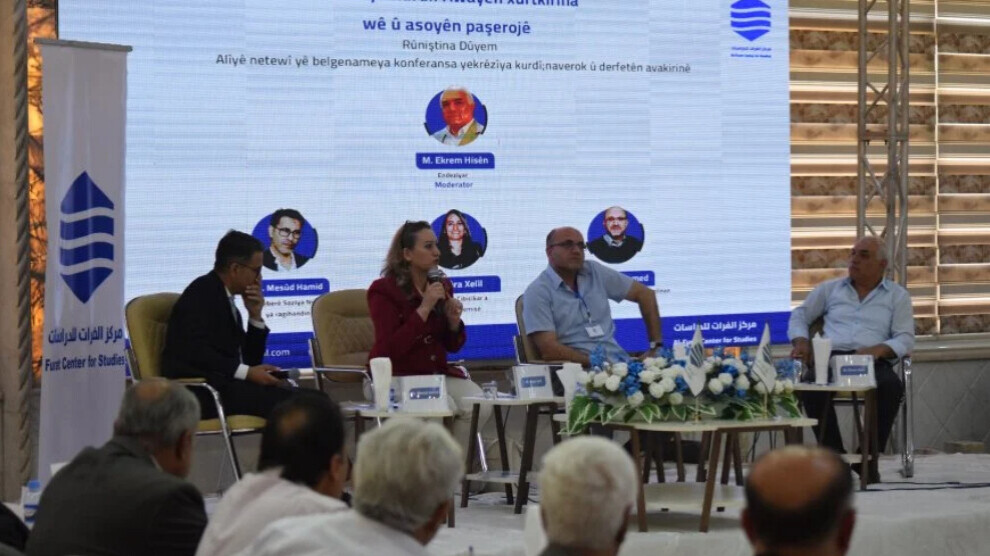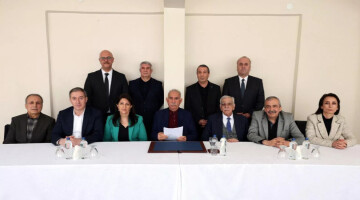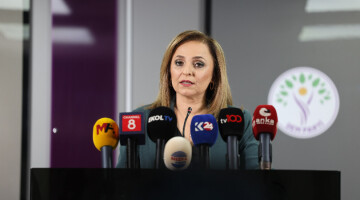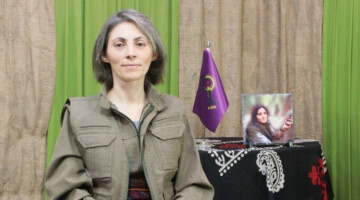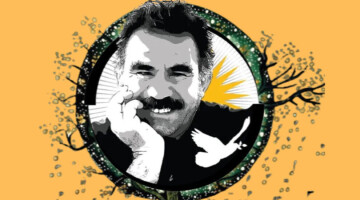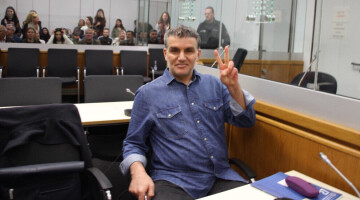The workshop “Kurdish Unity: Paths to Strengthening and Prospects for the Future,” which took place in the northeastern Syrian city of Qamishlo on Tuesday, concluded with a call for political unity and constitutional reforms. The event, organized by the Euphrates Research Center, brought together representatives from politics, academia, the media, and civil society to discuss key issues concerning the role of Kurds in Syria and the strategic importance of joint political action.
The workshop was attended by representatives of the Democratic Autonomous Administration of North and East Syria (DAANES), the Syrian Democratic Council (MSD), and nearly all political parties in Rojava. Artists, authors, and journalists were also represented.
Focus on history, unity, and political perspectives
At the opening session, speakers such as Faris Osman (Kurdish Democratic Progress Party) and Mihemed Ismaîl (ENKS) emphasized that a stable future for Syria was inconceivable without a political solution to the Kurdish question.
Osman recalled the marginalization of the Kurds since 1932 and their role in the uprising against the Baath regime in 2004 and in the Syrian uprising that began in 2011. He emphasized: “Without a solution to the Kurdish question, there will be no lasting peace in Syria.”
Political scientist Çinar Salih pointed out that the term “unity” often only comes up when there is a threat of division. However, he argued that the issue is deeply rooted in the population and should not be narrowed down to the party level.
Criticism, self-reflection, and demands for constitutional reforms
A second panel focused in particular on the depth of the documents produced at the Kurdish Unity Conference, which was also held in Qamishlo at the end of April. Fadil Mihemed from the Euphrates Research Center criticized the lack of detail on the structure of the state and the form of government.
Nûra Xelîl from the Şemis organization called for more space for civil society participation and emphasized the role of young people and women in political renewal.
Mesûd Hamid from the Kurdish media network Nûdem advocated for better public relations work to communicate the content and relevance of the conference more broadly.
Constitution, federalism, and new models of statehood
The third section of the workshop focused on the constitutional anchoring of Kurdish rights in Syria. Hesen Mihemed Elî from the MSD referred to the conference documents, which contain 16 points on the future of Syria and 11 points specifically on Kurdish concerns. He spoke of the conference's claim to assume the role of a “national forum” for the whole of Syria.

